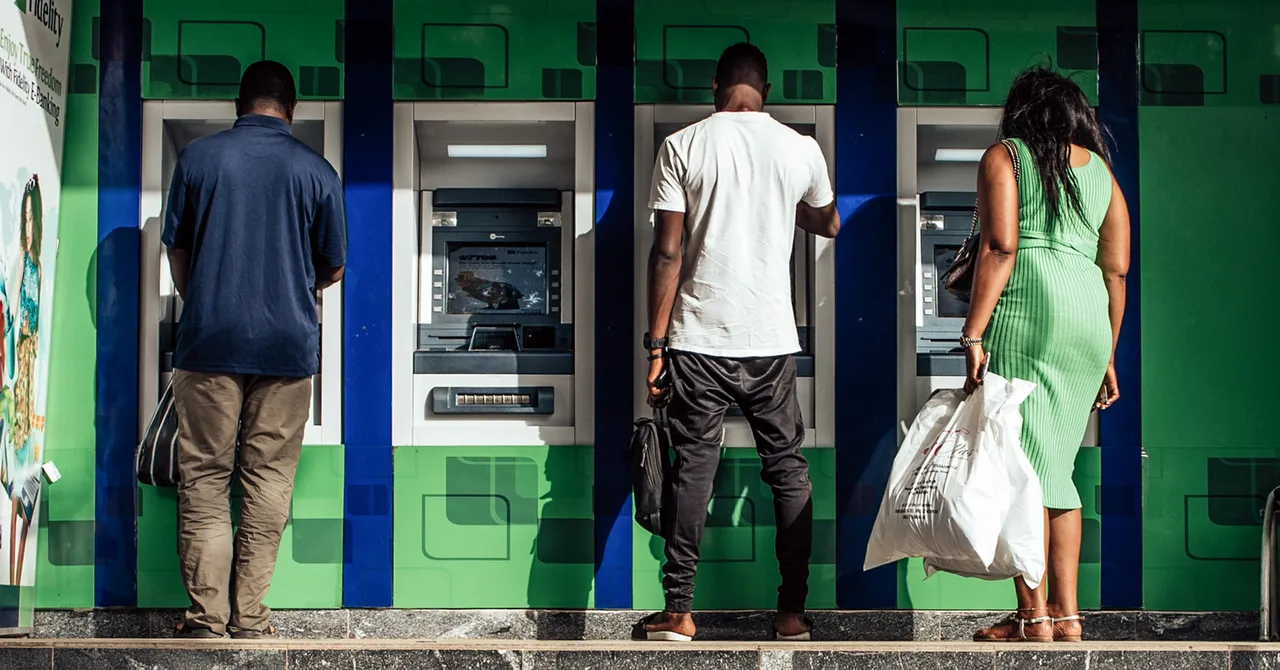The Managing Director of Moniepoint Microfinance Bank, Mr. Babatunde Olofin, has issued a strong warning to Nigerians, urging them to avoid sharing their bank account numbers publicly, especially during the festive season.
His caution comes as cyber fraud continues to surge, with increasing numbers of Nigerians falling victim to financial scams.
Olofin emphasized the importance of cybersecurity awareness, stressing that such actions could unintentionally involve individuals in criminal activities, leading to legal consequences.
“My biggest advice is for people to stop sharing their account numbers in public. Some people are in prison because they had no idea what someone used their accounts for,” Olofin said, highlighting the risks of exposing personal financial information.
Experts in cybersecurity agree with Olofin’s warnings, pointing out that fraudsters often exploit publicly available information to carry out illegal financial transactions, leaving unsuspecting individuals to bear the consequences.
According to cybercrime specialist, Dr. Chidi Nwachukwu, fraudsters can easily gather personal details from social media and other public platforms, which they use to target victims for money laundering and other illicit activities.
Olofin also pointed out that fraudulent schemes often use enticing offers such as free gifts and cash rewards to lure victims into sharing their bank details.
“People don’t love you as much as giving you giveaways. You should know that they are harvesting your details. Your bank account is a private detail,” he explained. These scams often involve victims making upfront payments for promised rewards, only to lose money and, in some cases, have their identities stolen.
READ ALSO: NSA orders law enforcement agencies to implement cybercrime law
Further emphasizing the severity of the issue, Olofin revealed that some victims unknowingly participate in money laundering schemes, as fraudsters use their accounts for illicit transactions. “Fraudsters do a lot of things. They structure funds. They know how internal systems work,” he said.
Olofin also disclosed that Moniepoint Microfinance Bank is collaborating with critical institutions like the Nigerian Financial Intelligence Unit (NFIU) and the Economic and Financial Crimes Commission (EFCC) to enhance fraud detection capabilities and improve security measures.
He highlighted Moniepoint’s proactive approach, mentioning the bank’s investment in a transaction monitoring and anti-money laundering team, which follows strict internal protocols to prevent fraud.
Recent data from the Financial Institutions Training Centre (FITC) paints a worrying picture of the surge in fraud cases within Nigerian banks.
Fraud incidents increased by 65% from 11,532 cases in Q2 2024 to 19,007 cases in Q3 2024. The value of attempted fraud has also soared, reaching N115.9 billion in Q3, a 105% increase from the N56.6 billion reported in Q2. Despite the rise in attempted fraud, banks have managed to significantly reduce actual losses, with only N10.1 billion lost to fraud in Q3 2024, a sharp decline from the N42.8 billion lost in Q2.
However, the total amount lost to fraud in the first nine months of 2024 has reached N53.4 billion, underscoring the growing threat of financial crimes.
Experts agree that increasing public awareness, strengthening cybersecurity measures, and vigilance from both individuals and financial institutions are critical in mitigating the rise in cyber fraud.

 Health6 days ago
Health6 days ago
 Entertainment1 week ago
Entertainment1 week ago
 Crime7 days ago
Crime7 days ago
 Comments and Issues1 week ago
Comments and Issues1 week ago
 Latest1 week ago
Latest1 week ago
 Football1 week ago
Football1 week ago
 Comments and Issues1 week ago
Comments and Issues1 week ago
 Comments and Issues1 week ago
Comments and Issues1 week ago

